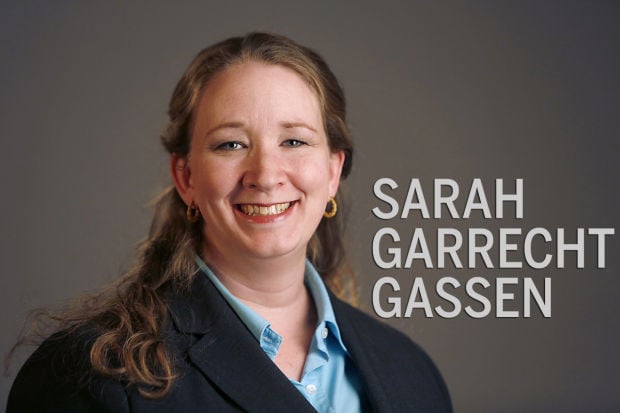Arizona has been a pioneer in the “school choice” movement — an early adopter of charter schools, and the Legislature has helped divert money from public schools through tuition tax credits.
Now there’s a push from state Sen. Debbie Lesko, R-Peoria, to allow every Arizona parent to send their child to a private school on our dime.
The voucher theory is simple: Take the dollar amount Arizona would pay to educate a student in a public school and let the family decide where to enroll.
Arizona has a small program now that does this, the Empowerment Scholarship Accounts. It’s limited to students with disabilities, and those who meet other specific criteria — i.e. they’re in permanent foster care, a parent is in the military or their local school is failing.
While I have significant reservations about using any public money for private schools, particularly religious schools, the existing ESA program is designed to meet narrow, specific needs.
But Lesko’s plan, which is moving through the state House and Senate, would expand vouchers to cover every K-12 student by 2020-21. The plan subverts the entire public school system.
Students in the ESA program now receive about $5,600 a year to spend on tuition and other education-related costs, although the amount can go higher depending on a child’s disability. Lesko claims that vouchers would save Arizona thousands of dollars per student each year, but the Joint Legislative Budget Committee states that’s not accurate.
Lesko says it costs Arizona $9,500 per year to educate a student — but she includes every penny from bonds, federal grants and other revenue.
The real cost to Arizona is about $4,800 per student per year, says the JLBC, which estimates the plan could cost $35 million a year by 2020-21, depending on participation.
But let’s set aside the money for a moment.
There’s a bedrock difference between public and private schools. Private school classes are often small, and admissions selective. Yet Lesko’s voucher plan assumes that private schools will eagerly admit thousands more students.
And the voucher plan doesn’t nearly cover the cost of a private-school education. A quick check found tuition for all-day kindergaren at $6,000 at Tucson Community School, or $10,240 at Tucson Hebrew Academy; high school is $9,400 per year for Salpointe Catholic or $16,675 a year at the Gregory School.
Sure, there are scholarships. But the vouchers-for-all plan favors middle- and upper-class families who can make up the difference, while leaving out lower-income kids who are the plan’s supposed target.
Education is not a fundamental right included in the Constitution, but the benefits an education provides to both an individual and a society have been recognized and protected by the U.S. Supreme Court.
For example, in Plyler v. Doe, a case out of Texas, the majority included in its opinion that education is so vital to a functioning community and a person’s success in life that a state may not refuse to enroll in school a child who is not in the country legally.
The doors of a public school are open — students can’t be rejected because of disabilities the school doesn’t accommodate, or because they’re behind academically or can’t afford tuition. Research indicates that students who use vouchers to attend private schools don’t, overall, do better than their peers in public schools.
Public schools — traditional district schools, and charter schools — are intended to be an equalizer, which isn’t to say that all schools are yet equal. There is work to be done. But that should be the Legislature’s work: building public schools up for all, not chipping away at them from the inside, voucher by voucher.





